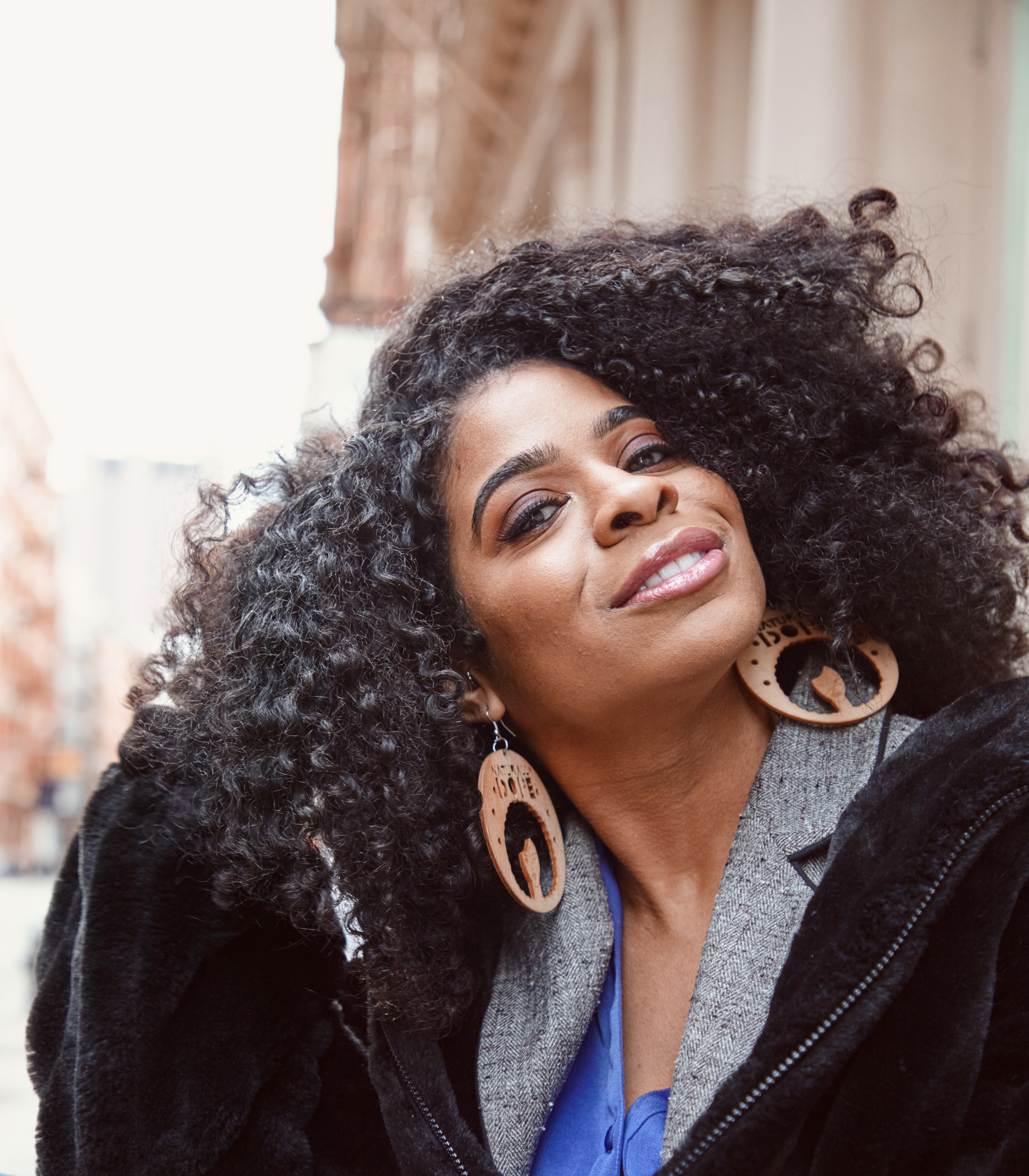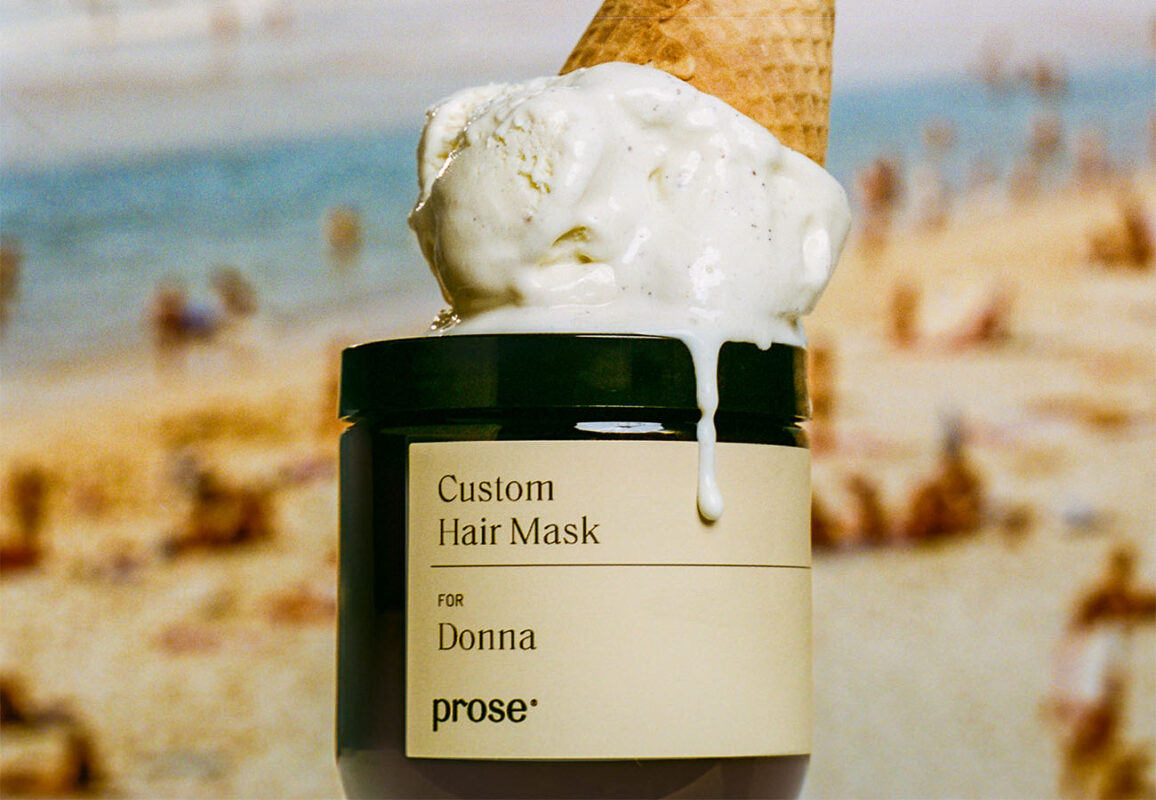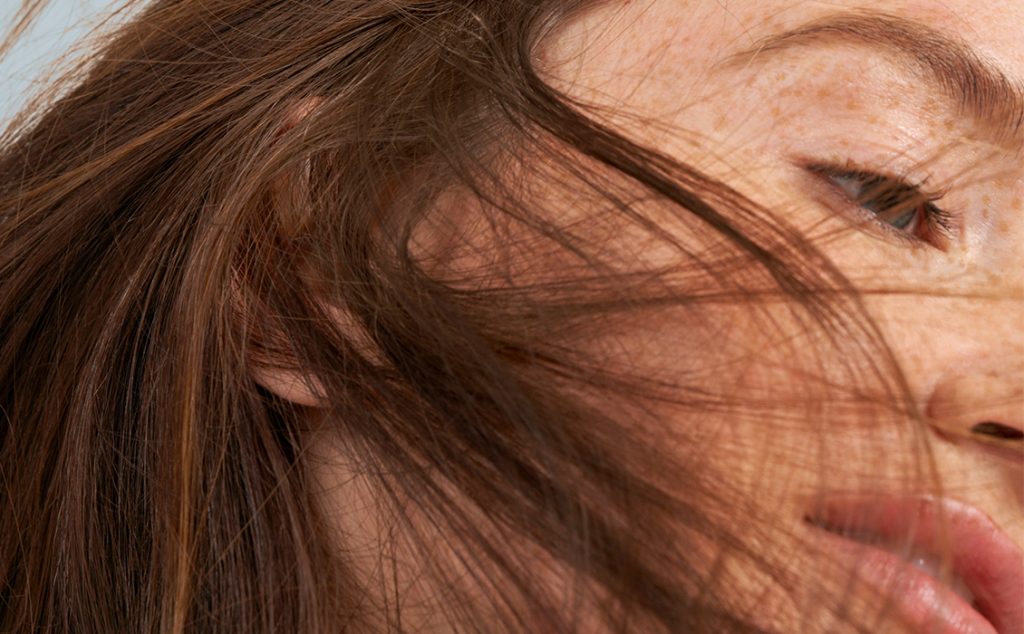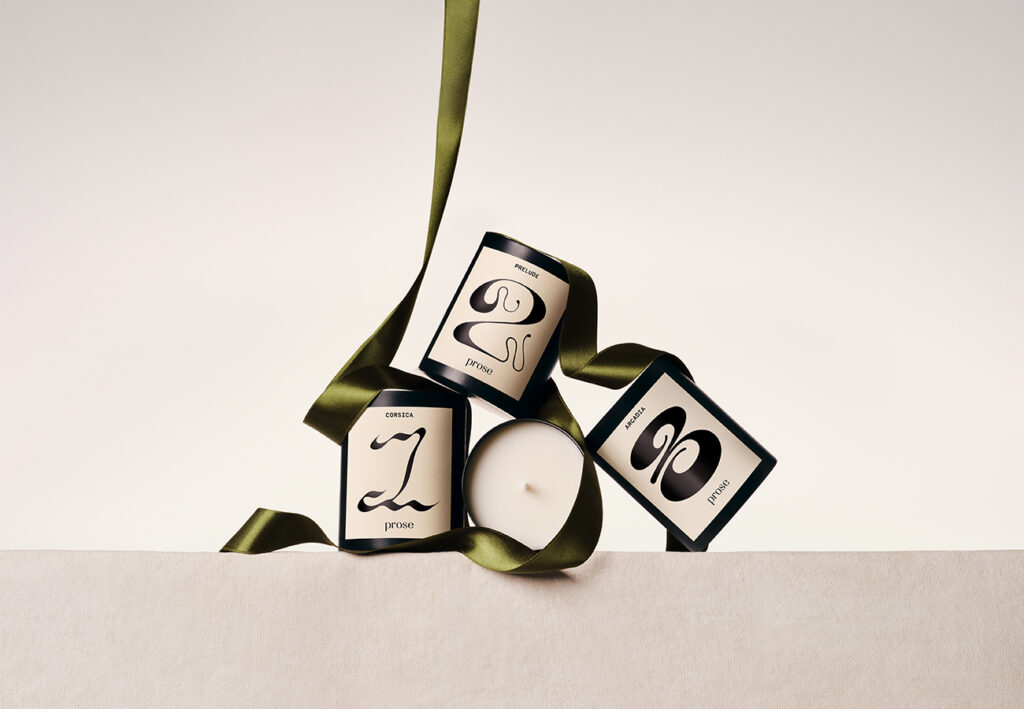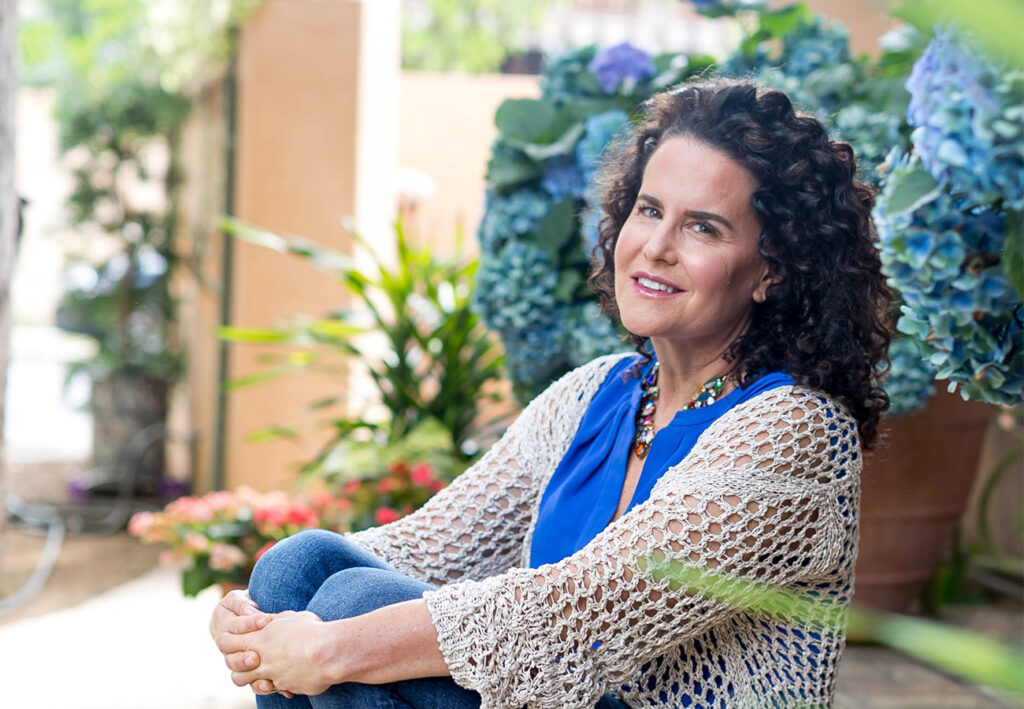Chapter 1: Square Peg in a Round Hole I was born with super tight curls, which I guess is a difficult hairstyle to manage on a kid. But I liked it. Since my mom worked three jobs and didn’t have a lot of extra time to do my hair, she insisted I get a straight perm when I was ten years old. I begged her not to, but her decision was final, and that was the beginning of years of heat damage on my hair with the goal of “taming” my curls as much as possible. Making me more, as she would call it, “kempt.” Straighteners, blow dry heat, Dominican blowouts, every type of heat you can apply to hair to make it straight, I got it. When I look back at those years, I don’t blame my mom for doing that. She did what she thought was right. I think she wanted to mold me into what she thought was beautiful, because that’s what was taught to her. That’s what was pushed onto her. She really shaped my view of hair, especially during those early years. Another big influence on me were my surroundings. I grew up in central New Jersey. There weren’t many…I won’t just say black people…I’ll say there wasn’t much diversity. There were not many people who were not white in my town. It was weird, because I felt like I was the “okay black girl.” I don’t want to make it about race, but it is. It really speaks to my story. I internalized being “the other” from how I was treated or how I interpreted my environment. A majority of my friends were white. Most of them. And their hair would do things mine just didn’t do. When they came out of the pool, their hair would look the same, whereas my hair would do something “crazy.” They would use all these fun, scented shampoos and conditioners, whereas I was using Luster’s Pink Hair Lotion and DAX oil. I remember when I was seven or eight years old, my mom was washing my hair in a bathtub. She’s scrubbing and doing what she needs to do, and I remember crying hysterically and telling her that I wished I was white. I remember this perfectly. I would just think to myself, “Why do I have to do this? Why can’t I do what they do? Why does my hair always have to be in braids?” Honestly, I didn’t feel cute. But most of all, I didn’t feel like I looked like what was around me. They say your perception of beauty comes from your surroundings, and I just didn’t look like anything I saw. So what does that mean for me?
Chapter 2: Connectedness, Finally
 After eighteen years of no diversity in New Jersey, I went to college right outside of Baltimore and finally found my tribe. It was like a new world opened up for me. I saw people who looked like me, many of them wearing their hair natural and experimenting with all these cool, different hairstyles. Everything changed for me during those years. I started to embrace my natural texture, and I began to see the beauty in it. I felt connected to people through our natural hair. I still feel a connection when I see someone wearing natural hair. It makes me want to ask them about their routine and what products they use and stuff. There’s a level of understanding you start with when you have natural hair in common. And, you know, it’s not even about race or color. I love meeting other curly-haired women from all cultures and backgrounds, too. In the end it’s just curls, and we all share that. When I would go home during school breaks, my mom would ask me if I was planning on straightening my hair. If we had a family function, she would ask, “Aren’t you going to straighten your hair?” And I’d be like, ‘No! This is me now.’ And guess what? A few years ago, my mom started wearing her hair naturally! I teased her about it and she just said she liked it that way now. Maybe society changed or me wearing my hair that way made her feel empowered to do it. Either way, I love that she embraces her natural hair now. She even asks me for hair tips! College is usually a time to rebel, but for me, it was the opposite. It was when I came into my own. It was a period of healing, both for my hair and for me emotionally. When I stopped rebelling against my hair, that’s when it finally started to heal. All of the damage from years of heat and “taming” could finally grow out and leave me.
After eighteen years of no diversity in New Jersey, I went to college right outside of Baltimore and finally found my tribe. It was like a new world opened up for me. I saw people who looked like me, many of them wearing their hair natural and experimenting with all these cool, different hairstyles. Everything changed for me during those years. I started to embrace my natural texture, and I began to see the beauty in it. I felt connected to people through our natural hair. I still feel a connection when I see someone wearing natural hair. It makes me want to ask them about their routine and what products they use and stuff. There’s a level of understanding you start with when you have natural hair in common. And, you know, it’s not even about race or color. I love meeting other curly-haired women from all cultures and backgrounds, too. In the end it’s just curls, and we all share that. When I would go home during school breaks, my mom would ask me if I was planning on straightening my hair. If we had a family function, she would ask, “Aren’t you going to straighten your hair?” And I’d be like, ‘No! This is me now.’ And guess what? A few years ago, my mom started wearing her hair naturally! I teased her about it and she just said she liked it that way now. Maybe society changed or me wearing my hair that way made her feel empowered to do it. Either way, I love that she embraces her natural hair now. She even asks me for hair tips! College is usually a time to rebel, but for me, it was the opposite. It was when I came into my own. It was a period of healing, both for my hair and for me emotionally. When I stopped rebelling against my hair, that’s when it finally started to heal. All of the damage from years of heat and “taming” could finally grow out and leave me.
Chapter 3: Ancestors in the Wind
The national motto of Jamaica is, “out of many, one people.” It means that Jamaicans are a diverse people. We’re a mix of different cultures, races, and origins. I identify as a black woman, but I know there are many things that make up who I am, and it’s cool to think about all that flows through me. I am a product of everything that has come before me. One really powerful thing that came out of my natural hair is the connection I feel to my ancestors and lineage. I write poetry, and I actually wrote a poem about it. There was this one line I loved about being able to feel my ancestors through my hair, it was, “Whenever my hair catches the wind, I close my eyes and stand still. I know that if I listen close enough I can hear the narratives of my people.” I feel connected to them on a way deeper level now.
Chapter 4: Caterpillar to Butterfly
I’ve come to realize that my hair is a political statement. I love that I can make a political statement without even trying. When I wear my hair big and natural, I see more of a person’s true colors. For instance, a guy at a training class once commented on my hair in a really weird way — he said to me, “Oh, your hair. Colin Kaepernick.”, and then made a raised fist, the universal sign for black power. I was dumbfounded. How does this guy know if I support Colin Kaepernick or not? He made an assumption based on my hair, and that just showed me more of who he is than anything else. Comments or judgments from others bounce right off me. I am totally unapologetic about my hair. I no longer wish away my features. My hair might be very big, I might be shedding, I might not be able to put on a hat some days, but with my natural features and no make-up on, this is me. And I feel my best naturally. That is crazy to me. My hair represents a pretty big emotional shift for me — like a caterpillar becoming a butterfly. I believe in never letting anyone hold me back and always doing what I can to take care of myself. It’s hard looking back and thinking about how much angst I experienced as a kid and teen over my hair. I know my hair doesn’t make me who I am, but it’s a very awesome feature of me that I’m proud of.
More about our Down to the Root series:
Hair is a large part of our identity. No matter if you wear your hair long, short, straight, curly, loc’ed, natural, or have none at all.
Our relationship with our hair has ups and downs, triumphs and struggles, all of which are reflected in who we are today.
Hair is often a direct link to our heritage, passed down from generation to generation and worn as a crown on our head. Or, is it a cross to bear?
In the first edition of our Down to the Root series, we share intimate stories of acceptance, personal history, and coming of age from real people. While each is truly unique, the common thread is the emotional impact that culture, both here and abroad, has had on their hair story.

